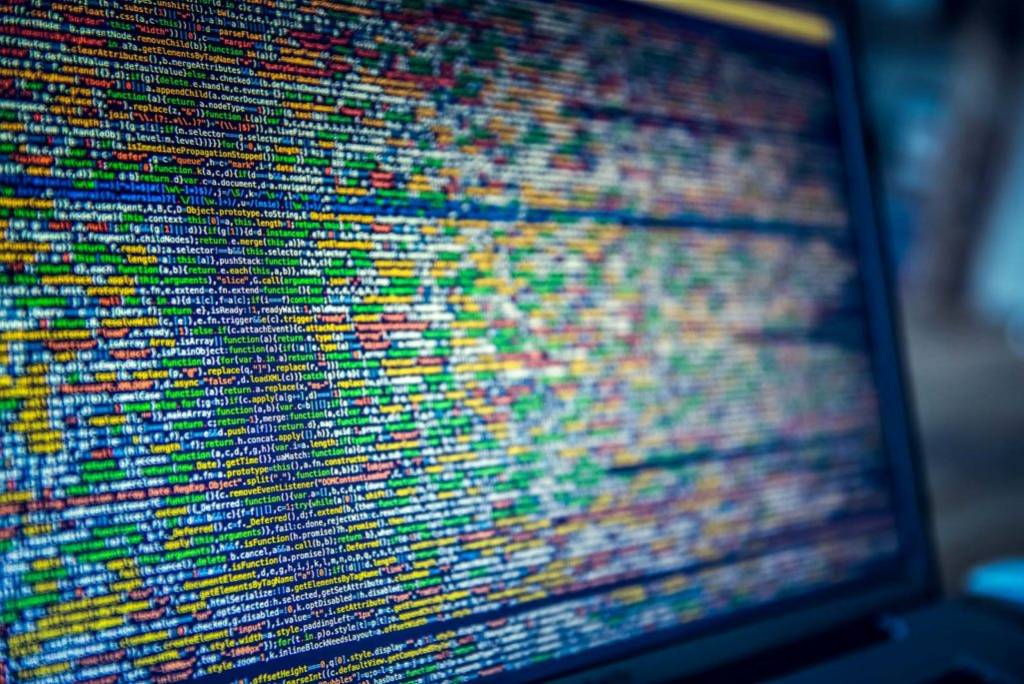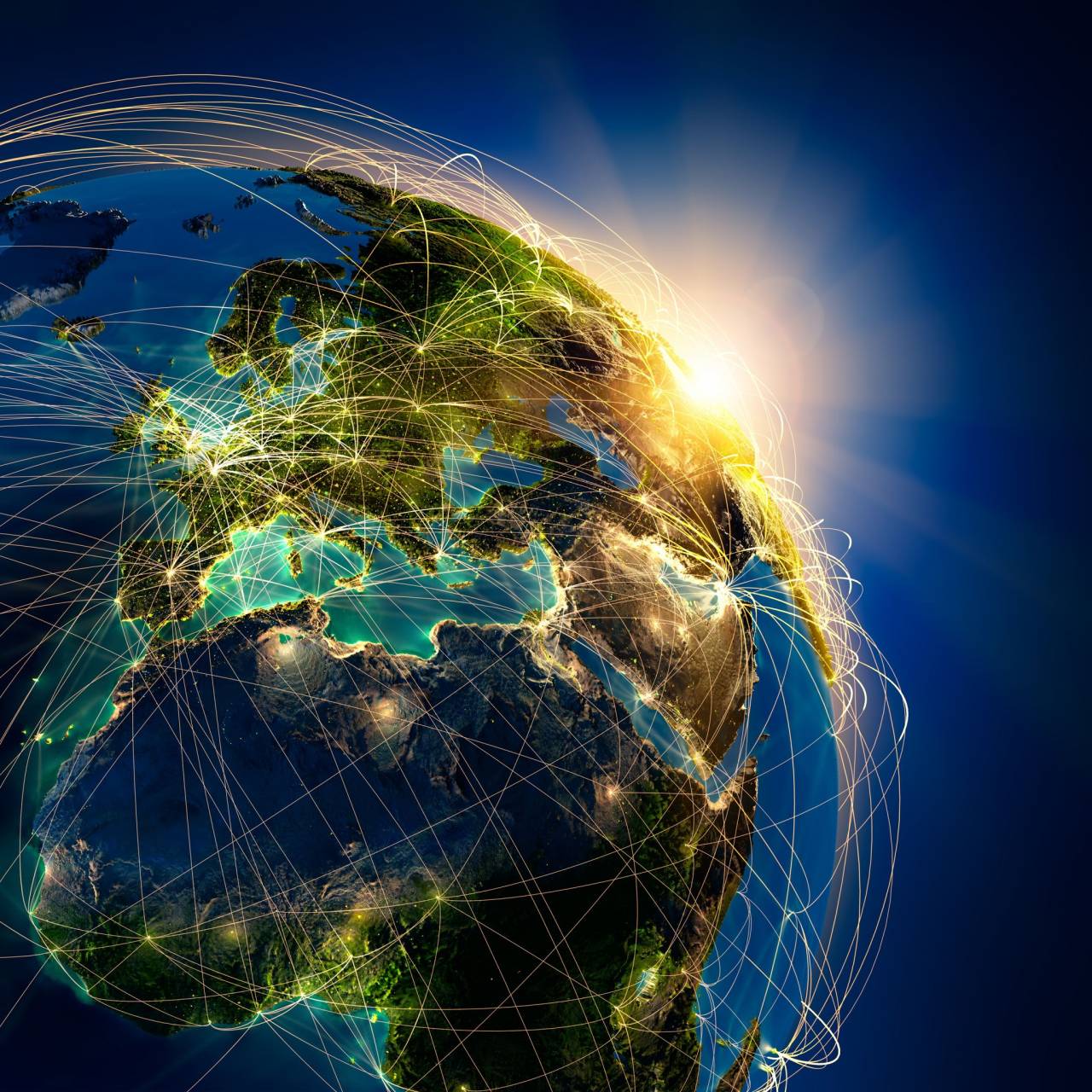We spoke to Ben Singh-Jarrold, Corporate Banking Strategist at Misys on the trade revolution.
Global trade blocs are fragmenting. Regional trading relationships are on the rise. Uncertainty in the global political landscape poses unexpected challenges to trade agreements.
On the flipside, changing corporate conscience and a trend towards more ethical consumerism within the rising middle-class of emerging economies is supporting an increasing focus on sustainable trade and finance. We are seeing initiatives filtering down from the G20 through the Financial Stability Board and others.
Across these seemingly unconnected dynamics sits a common theme – digitalisation. Data has become the new currency and the new collateral; the crux of competition and decision making. A new wave of digital innovation has seen the emergence and deployment of ‘post-digital’ technologies which will revolutionise trade, deliver smarter insight and facilitate fast transactions and intuitive financial services. In fact, Gartner predicts that by 2020 more than 25 billion ‘smart’ objects will somehow be connected and that the industrial Internet of Everything will create an economic opportunity in excess of USD 14 trillion.
While the world still lacks the consensus or standards for global sustainability required to eliminate poverty, inequality, injustice and climate change, there is an opportunity to leverage these new dynamics. They open the path to inject fresh impetus for harmonised trade policy and harness digitalisation of the trade finance business.
In June 2016, the World Trade Symposium – inspired by Misys and co-developed with the Financial Times – was launched to do exactly this; to identify the weak links in global trade, finance, policy and technology and create a forum for policy makers, trade bodies, NGOs, financiers, corporates and technologists to come together.
With a bold mission to improve people’s lives by connecting trade, finance and technology, this initiative focuses on three key objectives:
- Increasing SME inclusion in global trade
- Identifying and promoting sustainable trade to enable long-term growth and prosperity
- To facilitate the next waves of digitalisation and globalisation to enable more inclusive trade and value distribution.

Knowledge gap hurts SMEs
Know Your Customer (KYC) requirements continue to be a barrier to finance, and particularly for the SME ‘long tail’ of corporate supply chains.
The Asian Development Bank estimates the funding gap for SMEs in the global economy at $1.6 trillion. The annual report from the ICC highlights that this increasing shortfall continues to impact on businesses that need it the most. SMEs face 58% of total rejections by banks for trade financing – despite submitting 44% of all trade finance proposals. 90% of respondents cited the cost and complexity of compliance for Anti-Money Laundering (AML) and KYC regulation as their main challenge – a financial straitjacket, tightening credit for 9% more banks than in the same survey in 2015.
While there is top down goodwill and noble intentions to drive better conditions to fuel SME finance from the B20, WTO, ICC, BAFT and others, the World Trade Symposium and its associated working groups have identified three new avenues to explore.
The first of these initiatives will seek to drive adoption of Legal Entity Identifier numbers by corporates and SMEs, helping to overcome the lack of harmonisation in identifying and classifying legal entities. For financiers looking to extend credit, this could be a powerful data set to reduce the compliance burden.
In addition, to support SMEs in international markets the World Trade Board is in talks with the World SME Forum to work together. The partnership will assist in increasing the global economic impact of SMEs, already acknowledged as a critical but under-performing and under-leveraged segment of the global economic system.
Lastly, the need to facilitate the undoubted potential of distributed ledger technology in the complex ecosystem of world trade brought to life a final taskforce with the aim of bringing together the different stakeholders in trade transactions – from producers to collateral managers to shipping firms, as well as banks, governments and Non-Governmental Organisations. This group will deliver education across these groups and help to shape discussion on implementation standards and the adoption of best practices.

From KYC to KYG
We are rapidly approaching a point where KYC and sanctions screening must be further enhanced and complemented by techniques that support the sustainability agenda. In the future, banks will increasingly be required to perform due diligence to confirm the provenance of goods, conforming to accepted standards of ethical sourcing. KYC will extend to KYG (Know Your Goods), supported by supply chain mapping and traceability solutions linked to key social and environmental issues. Technology is the enabler here, and gradually the underlying incentives and frameworks are forming footholds. From the Banking Environment Initiative (BEI), founded by leading bank CEOs to collectively direct capital towards environmentally and socially sustainable economic development, to the Cambridge Institute for Sustainability Leadership which has become advisor to the G20 under China’s leadership, never has sustainability been so closely linked to trade and finance.
When we read that blockchain has been trialled to tackle slavery in the fishing industry, it is clear that emerging technology innovation can bring the notion of ‘track and trace’ in the trade finance business into some form of reality. It is not just to better link financial activity to physical movement of goods, but also to work towards a more noble aim. Understanding provenance and bringing transparency to the movement and production of goods has the power to fundamentally change the nature of trade and the role of ethics in trade financing.
At the United Nations Sustainable Development Summit in September 2015, world leaders adopted a 2030 agenda for sustainable development with 17 sustainable development goals (SDGs) to end poverty, inequality, injustice and climate change – many of which directly relate to trade. In the same timeframe it might take for blockchain to change the world, I predict KYG will be as much of a business imperative as KYC.

Digital rails and the global promise
To unleash the potential of trade and meet the ambitious goals of the World Trade Board and other proponents of the power of trade, digitalisation and globalisation are the infrastructure – or rails – for transformation. The next World Trade Symposium, in June 2017, will build on these ideas, focusing on three areas that can drive industrial innovation for a sustainable world.
1. Intelligent trade: leveraging information and insight to ease the management and distribution of risk and value in the global economy
Trade is moving from a ‘linear’ model to a networked interaction between many connected parties. This not only puts new added pressures on global and local players but also presents new opportunities towards the evolving ecosystems of trading relationships in global value chains.
Financiers of trade need real-time information to mitigate risk and release funds. Digital technologies and new business models can help to overcome these challenges. Agile analytics will give birth to more intelligent trade, powering the management and distribution of risk, attracting new investment and boosting availability of alternative financing options.
2. Sustainable trade: ethical sourcing, protecting the environment and extending financial inclusion to create a circular economy
Trade’s benefits are not realised equally by everyone today. To address this, trade needs to be more inclusive and more sustainable.
Sustainability occurs when the commercial exchange of goods and services generates social, economic and environmental benefits, leading to the creation of economic value and the reduction of poverty and inequality. Changes are needed in trade policy and practice to achieve these goals. The evolution of digital technologies will enhance the delivery of trade finance services supported by internationally recognised standards of sustainability.
3. Integrated trade: the trade revolution powered by the industrial internet and smart supply chains
Digitalisation delivers significant opportunities for value creation and inclusion but it demands changes in regulation and policy making to ensure scalability and success. The accelerated adoption of ‘intelligent assets’, linking together the world around us, opens the door not only to sustainability and fairer trade, but also the preservation of environmental resources. These goals could more realistically be achieved through the alignment of digital innovation with the ideals of a circular economy.
The intersection of the circular economy with the Internet of Everything could be the key to unlocking the economic and environmental potential of Industry 4.0, improving millions of lives around the world.
One thing is for sure. For trade to achieve its full potential in a global, digital economy collaboration, coordination and consensus will be vital. As WTO Director General Robert Azevêdo said at the World Trade Symposium, although poverty has been reduced, inequality has increased: “The path to greater inclusion will be through more trade, not less.”
With the digital and global ideal comes the need to define the new standards, adopt the technologies and educate about how to better distribute the benefits of trade. In the future, a lack of data transparency and knowledge shouldn’t be the barrier to trade. With the advent of initiatives like the World Trade Symposium, we move one step closer to trade that works for everybody.























